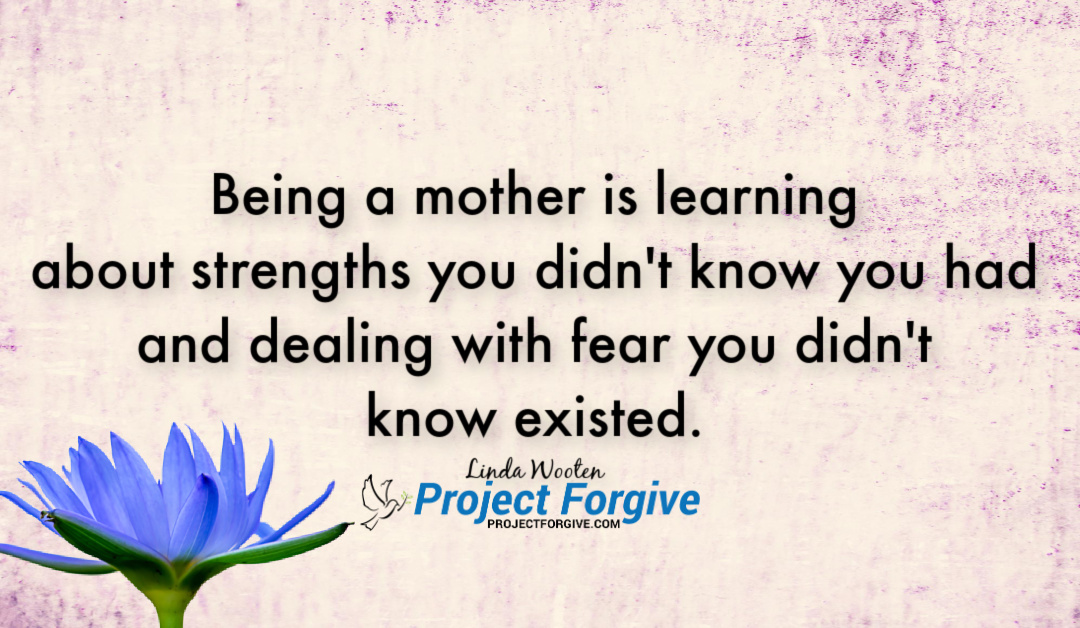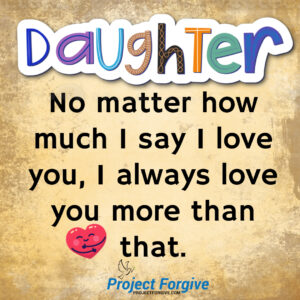We’ve all witnessed our child (or grandchild) throwing a temper tantrum in the grocery store while the adults responsible for them stands by with a look of frustration, embarrassment, or panic.
Children naturally cry and make mistakes, so why is it that we tend to feel embarrassed and even ashamed when our kids act up?

Even outside of parenthood, we tend to follow a pattern of adult human behavior. If we don’t know how to solve a problem, we, at the very least, want to know what caused the problem … in other words, we want to know who to blame for it.
But when it’s your kid making the news for doing something reckless or your kid acting in a manner completely contrary to everything you’ve ever taught them, it starts to feel like the only direction in which we can point the finger is at ourselves.
While your child’s behavior is your responsibility, it’s not authentic to blame yourself. As a parent you take on a ton of extra blame and shame for the imperfections and misbehaviors of your kids, tweens, and teens when – in reality – many other factors are at play.
Here’s some brain science that helps explain why your children (and grandchildren) often act the way they do, and why it’s ok to give yourself a much-needed break.
Impulsive Behavior
As an adolescent, the “pleasure centers” of the brain (where rewards are felt) are especially active, resulting in new, pleasure-seeking behaviors. Because of this, your child is likely to act impulsively and pursue new experiences, even though they may be risky or contradictory to your teachings and expectations as a parent. This is normal behavior.
Obsession With Social Life
Their young brains are also trying to master social patterns, cues, and rewards. It is normal for your child to become fixated on their social life and get frustrated by anyone trying to tell them that (1) their focus should be elsewhere, (2) they’re making it more complex than it needs to be, or (3) they aren’t allowed to figure it out for themselves and have to follow an authority’s rules regarding who they can and cannot socialize with.
Unregulated Emotions
As an adolescent, the chemicals regulating emotional responses are they, themselves, being regulated. It is normal for your child to have heightened or even unexplainable, prolonged emotional responses to situations in their life. It’s also typical for it to take them a while to calm down and return to their sense of reason.
Flawed Logic
Most importantly, it’s key for us to understand that the regions of the brain responsible for logic and reason are still being developed. We can’t expect perfection out of our children or ourselves. We’re better off figuring out how to cultivate a great sense of judgement in our children than spending our time and focus blaming ourselves for their normal kid/tween/teenage behaviors.
We’re hoping this article has eased the burden of self-blame as a parent (and grandparent), and that some of your kid’s behaviors make a little more sense.
If inspired, please share.
Related Articles:
Having Your Child’s Back
Children Act Out More With Mom



